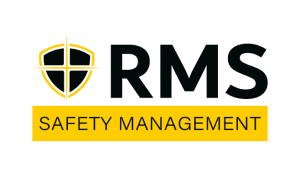We had a recent conversation with IOSHA about their enforcement of CDC guidelines for Covid19. Although so far IOSHA has not issued any citations, they had the following to say…
- IOSHA is strongly recommending the CDC guidelines for the workplace, and they are following up on complaints where social distancing and hygiene/sanitation are being reported as concerns in the workplace. These can fall under IOSHA’s general duty clause, given the current situation.
- IOSHA does want to make sure that employers are protecting their employees from health hazards, including the COVID-19 virus.
- IOSHA recognizes that there isn’t a “one size fits all” approach to this, so employers have liberty to establish a plan that fits their company.
- How employers protect employees may look different under different circumstances. It is important for employers to know the CDC workplace guidelines, to have a plan, communicate the plan to their employees, and ensure that plan offers adequate protection under the specific employers’ workplace circumstances.
- Plans may include such precautions as:
- Formally educating employees on the risks and symptoms of Covid19.
- Posting signs at entrances that list symptoms and prohibit entry for those who are symptomatic.
- Taking thermal temperatures before allow individuals to enter a facility.
- Scheduling work to limit travel as much as possible.
- Scheduling work in a way that keeps the same employees working together.
- Utilizing webinar platforms to facilitate meetings, or limiting headcount at in-person meetings.
- Encouraging workers to maintain a 6’ distance whenever possible.
- Redesigning workstations to keep employees more than 6’ apart.
- Installing barriers or warning lines between employees and customers.
- Limiting occupancy in small areas (i.e. vehicles, job trailers, etc.)
- Discouraging handshaking or fist bumping, and utilizing other administrative controls that limit direct contact.
- Providing protective gloves to wear and/or allowing cloth-face coverings.
- Taking more frequent breaks to allow for hand washing/sanitation.
- Providing additional cleaning supplies, such as hand sanitizer and sanitation wipes (with at least 60% alcohol).
- Implementing a routine cleaning schedule to sanitize commonly touched/used surfaces and tools.
- Having a procedure for employees to report symptoms, and also a plan for returning employees back to work after being ill.
- Having a procedure to isolate employees who report potential symptoms, as well as those who have had direct contact with them.

